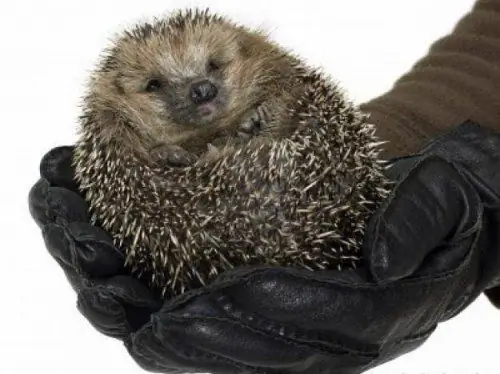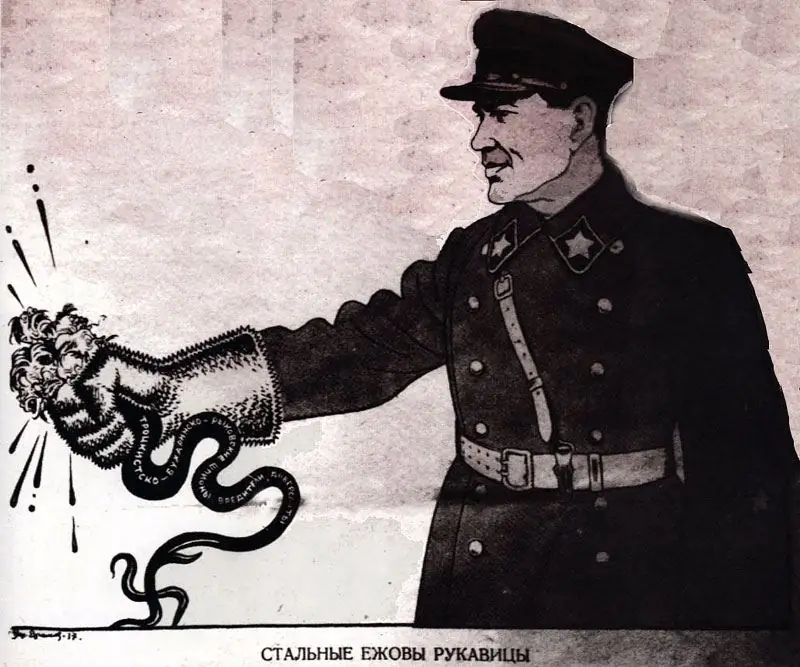- Author Antonio Harrison harrison@cultureoeuvre.com.
- Public 2023-12-16 07:44.
- Last modified 2025-01-22 21:44.
Probably, every person has heard such an expression "take a tight hand". The meaning of this phraseological unit is clear - to treat someone very strictly, not to give any indulgences. The following picture immediately appears: a hedgehog is taken and mittens are sewn from its skin, with needles outward. Of course, it will be very unpleasant if someone starts to touch with such mittens. So where did this common expression come from and what are “iron fists” for?

In the old days, mice were often found in barns and basements of residential buildings. Previously, not only cats, but also hedgehogs were used to control rodents. It is only in cartoons that hedgehogs feed on apples and mushrooms, in fact, they are predatory animals leading a nocturnal lifestyle, feeding on small lizards, insects and mice. It was extremely problematic to lure a thorny predator into the house: how to catch this cute thorny creature with your bare hands? It was for this that working leather gloves were used - "golits".

Golitsy were sewn from very thick leather without lining. In such mittens, one could easily take a thorny hedgehog and carry it to your barn, and then, as soon as the hedgehog fulfills its purpose, set it free.
However, philologists believe that the phraseological unit “to keep tightly handled” appeared in Russia much later. In the 18th century, a now little-known proverb was recorded in dictionaries: "Take hedgehog mittens for a soft body." Here this expression takes on a completely different meaning, which has nothing to do with mouse-hedgehogs. This expression can be found in various works of Russian classical literature, where it means "strictly, without indulgences and indulgences."

The 1930s breathed new life into this old expression, when Nikolai Ivanovich Yezhov was appointed People's Commissar of Internal Affairs, who went down in history under the nickname "Iron People's Commissar". He became a symbol of brutal repression and great terror. In connection with the activities of Yezhov, the people again remembered about the "iron grip", especially the artist Efimov painted a poster on which the People's Commissar holds a monster in barbed mittens, personifying the enemies of the regime.
So no one killed hedgehogs en masse, they did not sew thorny mittens from them and they did not grab anyone by the throat.






